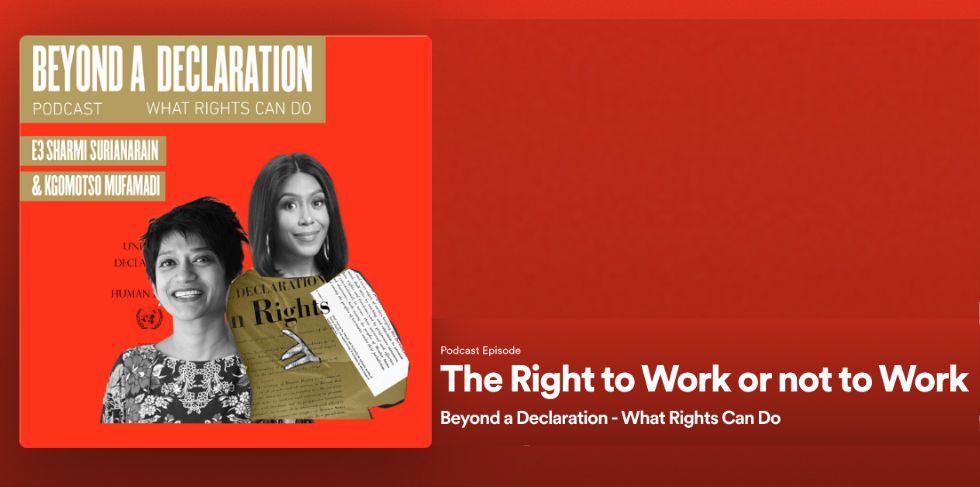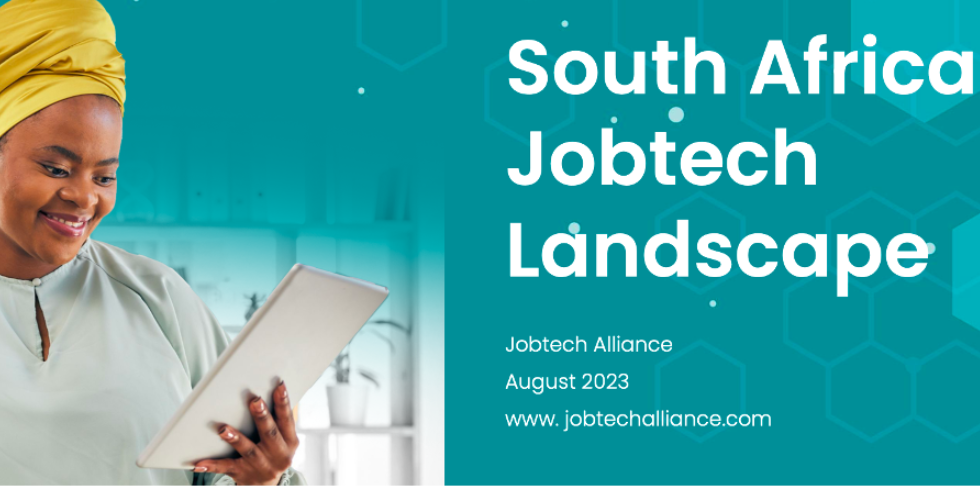In April, the annual Skoll World Forum brought together social entrepreneurs from around the world to discuss topics such as routes out of poverty, the role of technology in improving health outcomes, and social media’s potential for useful contributions to – or detrimental effects on – democracy.
One session in particular that explored the connection between tech and poverty was “Emerging Technologies: Shifting the Path from Poverty to Prosperity”. Speakers included Maryana Iskander, chief executive of South Africa’s Harambee Youth Employment Accelerator, which is developing a tech platform to help excluded young people to find jobs. Iskander says that South Africa has one of the highest youth unemployment rates in the world, at 67% for the under 25s, which is compounded by a combination of poor education, restrictive labour laws, the legacy of apartheid, and automation. To date, Harambee has used technology such as free mobile phone data to help 40,000 youngsters find their first jobs.
“We have never had enough jobs, so we have been thinking about it for a long time,” Iskander said at the session. She explained how employers were anxious as to what automation was likely to mean, so she wanted to learn what others at the session thought about the potential impact of AI and machine learning. “The good news is everybody is trying to figure it out.”
Iskander believes low-income youths are often discriminated against by job match algorithms that rely on “quick and dirty signals”, such as how long someone has been working, where they went to school and their degree. These exclude young people who have left school early, have little work experience and have yet to develop skills.
Harambee is developing an alternative “pathwaying platform”, using an algorithm that has “rules to include, not exclude”. The platform will analyse young people’s skills and suggest routes into employment (rather than specific jobs), which could include short-term contract work. “Young people here are used to zigzagging. They don’t have the comfort of finishing high school, going to university, getting a degree and taking that straight line from education to employment. The gig economy represents more of that kind of disruption,” she said.





 Stay Connected
Stay Connected

